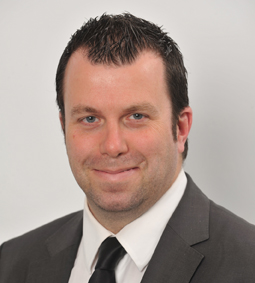Press reporting that concentrates on the heroic efforts of rescuers can reduce public fear in the aftermath of terrorist attacks. That is the conclusion of research being presented in Bristol to the annual conference of the British Psychological Society’s Division of Forensic Psychology by Ellie Butcher and Dr Ciaran O’Keeffe, Head of Psychology at Buckinghamshire New University.
In her undergraduate research, Ellie Butcher presented 70 participants with one of three news articles about the 2016 Bastille Day attacks in Nice. The articles were:
1. a sensational report using exaggeration and graphic pictures;
2. a report which focused on the ‘hero’ of the event.
3. a fact-based report that used mainly factual language;
After reading a randomly assigned article, participants completed a standardised ‘fear of terrorism’ questionnaire.
Ellie Butcher found that the participants who had been given the sensational report to read recorded a significantly higher score on the fear of terrorism than those who had read the fact-based or ‘hero’ reports. She also found that those who had read the factual report had a slightly lower fear of terrorism than those who had read the hero-based report although post-hoc tests showed there was no significant difference between these report styles.
Ellie Butcher said: “The way the media reports terrorist incidents has the potential to influence the public’s level of fear of terrorism. My research set out to explore this potentially symbiotic relationship, and the findings suggests that it does indeed have an effect.”
Dr Ciaran O’Keeffe, pictured, said: “This is the interesting first step in a series of studies examining the influence of terrorism news reports using real world media articles. Future studies will examine similar reporting in the Westminster Bridge and Manchester attacks. They will also incorporate a tighter study design and use fictitious reports where the lengths and photo content can be manipulated. In addition, the research will examine the influence of media-based photos (without text) and also whether social media based reporting has a bigger influence compared to standard news outlets.
“Depending on the source, we have seen a subtle change in the media reporting of terrorist incidents with some outlets incorporating more ‘hero stories’ than in the past. On the basis of the research we are presenting at the conference, this can only be a good thing.”










